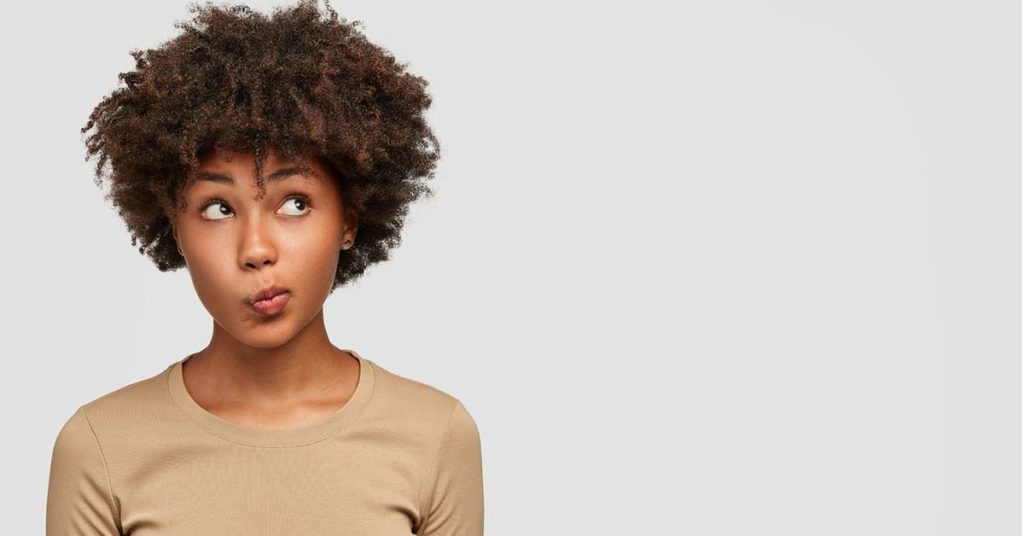
Urinary incontinence, or leakage of urine, is something that affects millions of us. It is so common that many feel it is a fact of life, and we simply have to learn to adjust. But that’s not true – there are several treatment options available.
There are three common types of incontinence: urge and stress, overflow. Many times, a mix of the three!
Urge Incontinence
Urge incontinence is when we suddenly feel an overpowering need to urinate. Often, this will lead to leaking before we are able to get to the bathroom.
This is also known as a sensitive bladder. Urgency incontinence happens when the signals between the bladder and the brain are out of sync. It can occur with urinary tract infections, overactive bladder (OAB), pelvic floor disorders, or neurologic problems. Urge incontinence may occur with hormonal changes such as with menopause.
Stress Incontinence
Stress incontinence occurs when there is pressure on the bladder that leads to urine leakage. The pressure can be from sneezing, coughing, laughing, exercising, or lifting heavy objects.
Stress incontinence is usually caused by weakened or damaged muscles in the urinary tract. Muscles are often damaged by giving birth or aging.
Urinary Incontinence Treatment Options
There are multiple treatment options available for urinary incontinence – lifestyle changes, exercises, medications, medical devices, and surgeries. Every woman is different!
Lifestyle Changes: Depending on the cause and type of urinary incontinence, lifestyle changes can make a positive difference in managing symptoms. An active lifestyle with weight loss can decrease leakage in overweight women. Training our bladders to hold urine and managing the amount and types of fluids we drink can help prevent leakage. In addition, learning the foods and toxins that trigger our symptoms can be a huge step in the right direction.
Exercises: Kegels are an exercise that is often recommended to treat stress incontinence. We contract the muscles in the pelvic floor to strengthen the bladder. The great news is there are no side effects, and this only takes a few minutes every day.
Medications: Medications that help the muscles and nerves of the bladder function properly are used to train urge incontinence. Oral medications that relax the nerves of the bladder may allow it to fill more completely and stop the feeling of uncontrollable irritation. Botox injections into the bladder can stop it from contracting inappropriately. Treatment with vaginal estrogen can rejuvenate the vaginal and urethral lining to prevent irritation and urinary tract infection.
Medical Devices: A pessary is a medical device that may be an option to treat stress incontinence and prolapse. It is inserted into the vagina and helps restore the bladder and urethra into a natural position to help close the bladder valve when you sneeze or cough. As a reversible option that avoids surgery, many women have success with this method.
Surgery: There are also several surgical options that may be helpful in treating stress incontinence. The most common is a short surgery to place a sling under the urethra to allow for the bladder to close normally.
There is no need to live with embarrassing and inconvenient leaks – schedule an appointment today so we can find the best fit for you!
Find Your Care
Our team of OB/GYN specialists is ready to assist you. To schedule an appointment, please call us at 541-479-8363.



